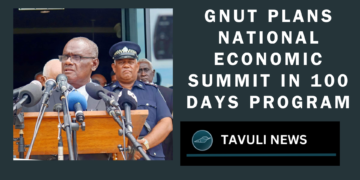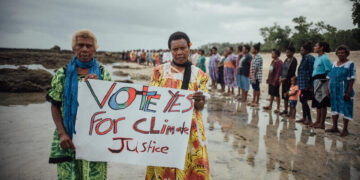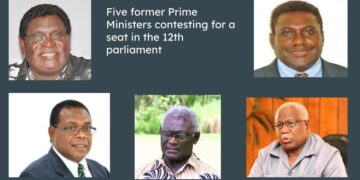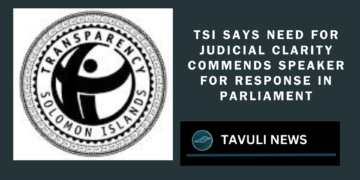U.S. Elections and 15 Global Contests to Reshape the World Order
U.S. President Joe Biden often characterizes current global politics as a “battle between democracy and autocracy,” referencing issues ranging from U.S.-China competition to Russia’s actions in Ukraine and conflicts like Israel’s with Hamas.
In 2024, this ideological struggle will manifest at the polls worldwide. Beyond the United States, which will witness its first presidential election since a right-wing insurrection three years ago, seven of the world’s 10 most populous countries will choose new leadership. These nations encompass a spectrum from flawed democracies to hybrid regimes and autocracies.
India, considered a flawed democracy, has been under the governance of Hindu-nationalist Prime Minister Narendra Modi for nearly a decade, marked by repression of minorities and limitations on freedom of expression. Political personality cults also affect countries like Pakistan, Bangladesh, and Indonesia.
Russia, an autocracy with questionable elections, is expected to confirm another term for President Vladimir Putin, thanks to constitutional amendments resetting term limits. In the Western Hemisphere, the U.S. and Mexico will elect leaders crucial to their bilateral relationship.
Middle powers and small states, including El Salvador, Iran, Senegal, South Africa, Taiwan, Tunisia, the United Kingdom, and Venezuela, are also scheduled to hold elections. The Solomon Islands, caught in a geopolitical struggle between the East and West, will be among those casting their votes in the Pacific.
Over 40 percent of the world’s population is anticipated to participate in over 50 national elections. Common themes include leaders with high approval ratings but questionable democratic credentials in Bangladesh, El Salvador, India, Russia, and Tunisia. In Indonesia and Mexico, divisive figureheads have carefully chosen successors due to reelection restrictions.
International relations are at stake across these elections. Simultaneous votes in Taipei and Washington could significantly influence U.S.-China competition in the Indo-Pacific. The timing and nature of Venezuela’s anticipated vote will impact whether the U.S. maintains sanctions on Caracas.
While the United States’ elections will be pivotal globally, the geopolitical landscape will also be shaped by 15 other presidential and parliamentary contests. This includes 14 national votes and the European Parliament’s multi-country election, offering a comprehensive view of the democratic and autocratic trends shaping our world.
Source: Foreign Policy

































































